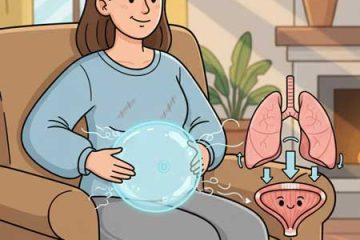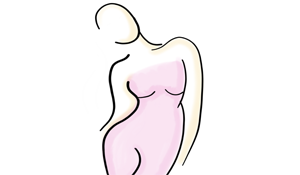This week in our Cancer Rehab Continuing Education Course – Chemo Blog, one of the nurse practitioners teaching in the course Maximizing Post Surgical Outcomes in Cancer Rehabilitation provides an overview of chemotherapy, dosing, side effects, and red flags. This Cancer Rehab Continuing Education Course is part of a series of courses presented with our annual subscription.
Chemotherapy
Cancer Rehab Continuing Education Course – Patient Education
We go over very specific details when we speak with patients and educate them on the chemotherapy they will receive. We tell them the dosing that they are going to get, how long the infusion is going to take, and the labs we are going to get before chemo. Chemotherapy can harm blood cells, so we always make sure that we check labs before they receive their chemotherapy because we don’t want to put them in any danger. If their white count was too low, or they had chemotherapy-induced neutropenia, they were at very high risk for infection. We will hold the chemo, or we have special medicine that we can give and say as a fertilizer for white blood cells to get the levels back up to a safe range so that the patient can continue with treatment. Sometimes platelets can drop low, and there we have to be careful because low platelets can put you at risk of bleeding. Hemoglobin can always drop low, and that can require a blood transfusion.
Common Side effects of Chemo in Cancer Rehab
The most common side effects:
- nausea
- Vomiting
- Diarrhea
- Constipation
- Fatigue
We go over those in great depth with our patients. We have specific medicine schedules to prevent nausea, schedules that we give them to take specific medicines at certain times for a certain number of days after chemotherapy, like Dexamethasone, Zofran, and Compazine.
Cancer Rehab – Fatigue
“CRF is the most frequently anticipated side effect of cancer treatment: 95% of patients who are scheduled to receive chemotherapy or radiotherapy are expected to suffer from some degree of fatigue during their treatment.”
NIH Article
Fatigue is one of chemotherapy’s most common side effects; that’s where therapists can come in and help us with this. Fatigue can get worse while undergoing chemotherapy; it’s a cumulative effect. It’s the only cumulative side effect of chemotherapy. With our patients, getting them into a therapist early can be beneficial because they can see their baseline and see where their fatigue affects them as they go on with treatment. Therapists can do things in the cancer rehab program to teach patients energy conservation and help with cardiovascular rehab. They can help the patient adapt to their new energy level as it is decreased due to the treatment we are giving them.
Red Flags
Some of the red flags to look for during cancer rehab is fatigue; if you notice that the patient is extremely lethargic or more fatigued than you would expect, that may be a reason to call us because we always like to make sure that their blood counts are ok. Low hemoglobin and low and low white count can also cause fatigue, as well as chemotherapy, but we would also want to rule out something like that, as chemotherapy can cause the blood counts to drop, leading to fatigue.
Learn More and this Cancer Rehab Continuing Education Course

The Healthclick All Access Online Series contains a variety of Cancer and Lymphedema courses to Improve function. Check out some other courses within the oncology series:
The Fundamentals of Lymphedema Treatment
The Physiological Impact of Chronic Pain
References
Naito Y, Kai Y, Ishikawa T, Fujita T, Uehara K, Doihara H, Tokunaga S, Shimokawa M, Ito Y, Saeki T. Chemotherapy-induced nausea and vomiting in patients with breast cancer: a prospective cohort study. Breast Cancer. 2020 Jan;27(1):122-128. doi: 10.1007/s12282-019-01001-1. Epub 2019 Aug 12. PMID: 31407150; PMCID: PMC6954145.
Savina S, Zaydiner B. Cancer-Related Fatigue: Some Clinical Aspects. Asia Pac J Oncol Nurs. 2019 Jan-Mar;6(1):7-9. doi: 10.4103/apjon.apjon_45_18. PMID: 30599009; PMCID: PMC6287376.
Poort H, Jacobs JM, Pirl WF, Temel JS, Greer JA. Fatigue in patients on oral targeted or chemotherapy for cancer and associations with anxiety, depression, and quality of life. Palliat Support Care. 2020 Apr;18(2):141-147. doi: 10.1017/S147895151900066X. PMID: 31535613; PMCID: PMC7489872.

